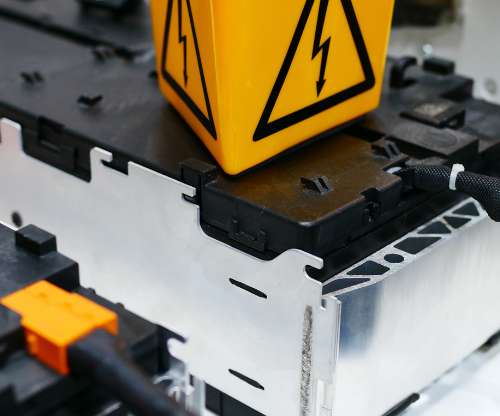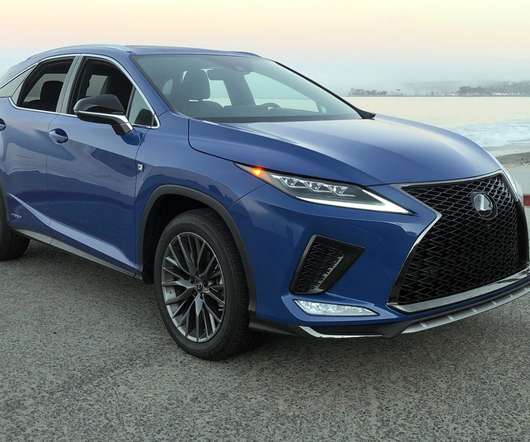National Research Council Study Finds That Available Technologies Can Result in Significant Fuel Savings for Passenger Vehicles Over the Next 15 Years, But at Higher Purchase Prices for Consumers
Green Car Congress
JUNE 4, 2010
However, the technologies would also increase vehicle purchase costs for consumers, sometimes by as much as several thousand dollars. Replacing spark-ignition engines with diesel engines and components would yield fuel savings of about 37% at an added cost of approximately $5,900 per vehicle.















Let's personalize your content